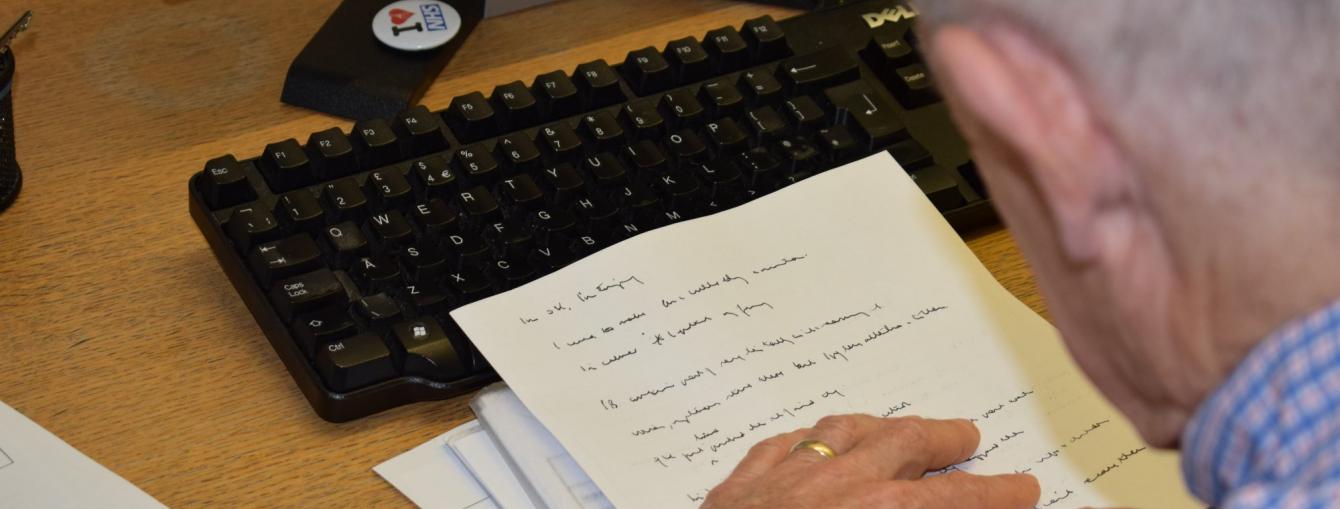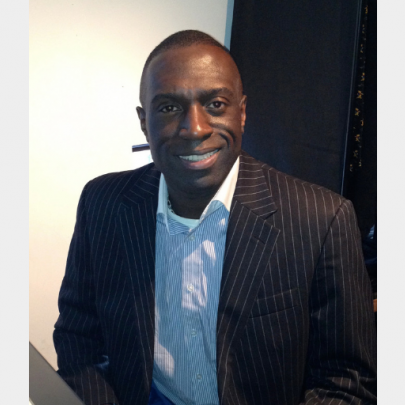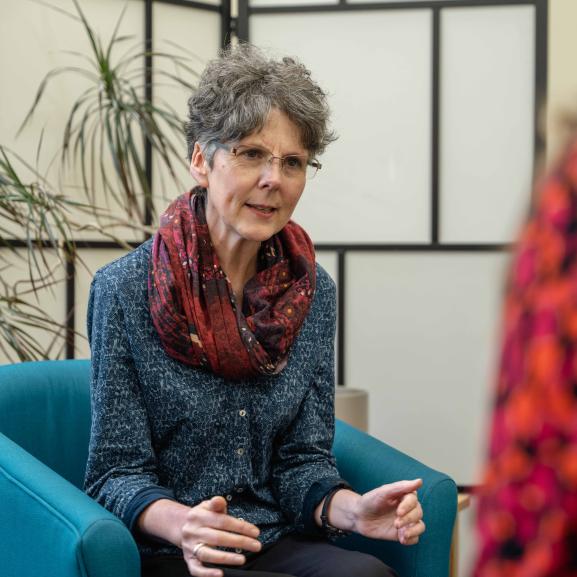A day in the life…. Patrick, children & young people therapist
Patrick is a systemic therapist with a background in social work and child mental health with the NHS. Since he retired, he volunteers with Freedom from Torture’s Children, Young People and Families team two days a week, holding face-to face therapy sessions with children and adolescents.
Blog by Patrick
At present I have 15 clients, children and young people who have sought sanctuary in this country. Some come in once a week, others maybe just once a month. That’s a good sign, if someone feels that they have no need to see me each week.
Some come alone, others with family members. For those with families, I will have agreed with the parents how much I am going to focus on children and how much I am going to focus on the family.
Generally, there is an interpreter present, because most of our clients do not have English as a first language and can only speak of their experiences in their mother tongue.
In a typical day I will see four clients. I have to plan all the sessions beforehand and I have to be prepared for whatever may happen.
I have been using the Eye Movement Desensitisation and Reprocessing (EMDR) treatment method for Post-Traumatic Stress Disorder (PTSD), a therapy that I have used for several years.
An EMDR session is an hour and a half. But first I spend some time with the client catching up on how life has been treating them, as they are often marginalised socially and economically. Then we run the EMDR session.
I need to be prepared for anything that might come up. Finally, I have to have enough time to settle the client before they leave. Sometimes a client dissociates during the session. They don’t know where they are or they think they are back with the torturer being tortured again. Some people do it temporarily. You see them go. A good interpreter sometimes can see it and alert you.
Sometimes a client dissociates during the session. I will stop whatever is happening and actually bring them back to the room. I may end the session, putting it on hold so the client is able to leave and is able to manage until the next session.
I will stop whatever is happening and actually bring them back to the room. I may end the session, putting it on hold so the client is able to leave and is able to manage until the next session.
We have quite a lot of support in the team. We have individual case management from the team manager. We have peer supervision where we share our experiences as peers and we get deputy supervision. I’ve got two supervisors – one as a family therapist/ psychotherapist and an external supervisor on the EMDR treatment.
I find the work here interesting and stimulating. But it is also difficult. We will always offer each client our best efforts. We give them time. We try and sort out any other issues in their life so that they are able to get the best from the treatment we offer.
When I am with a young client, I am building a relationship with them. I try to show that I care about them, that I am trustworthy and effective – that together we can make progress so that they can go ahead with their lives.
Patrick Bentley is a volunteer therapist with Freedom from Torture. He previously worked as a social worker with Children’s Services and in the NHS as a Child and Adolescent Mental Health therapist and a manager.






